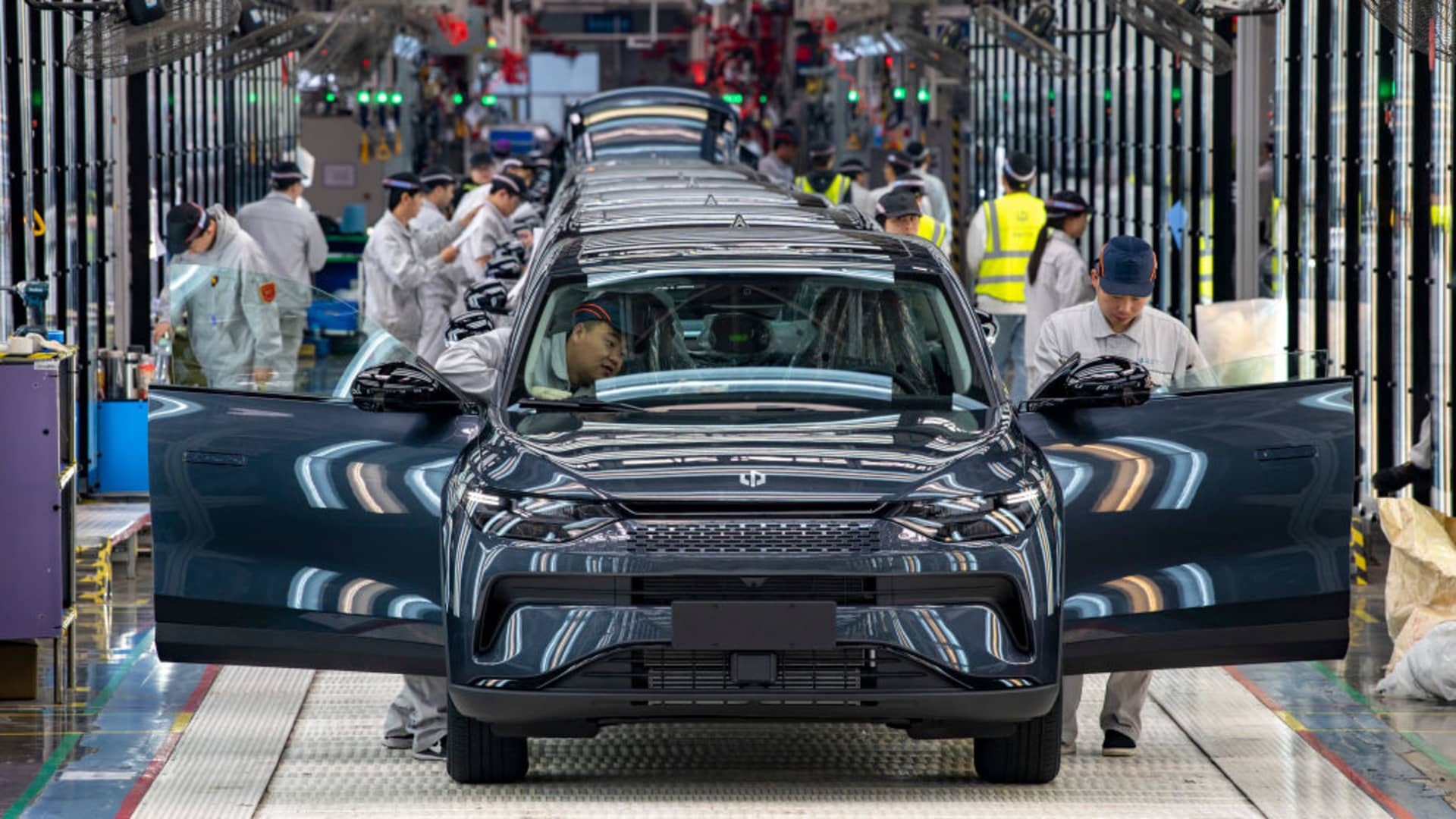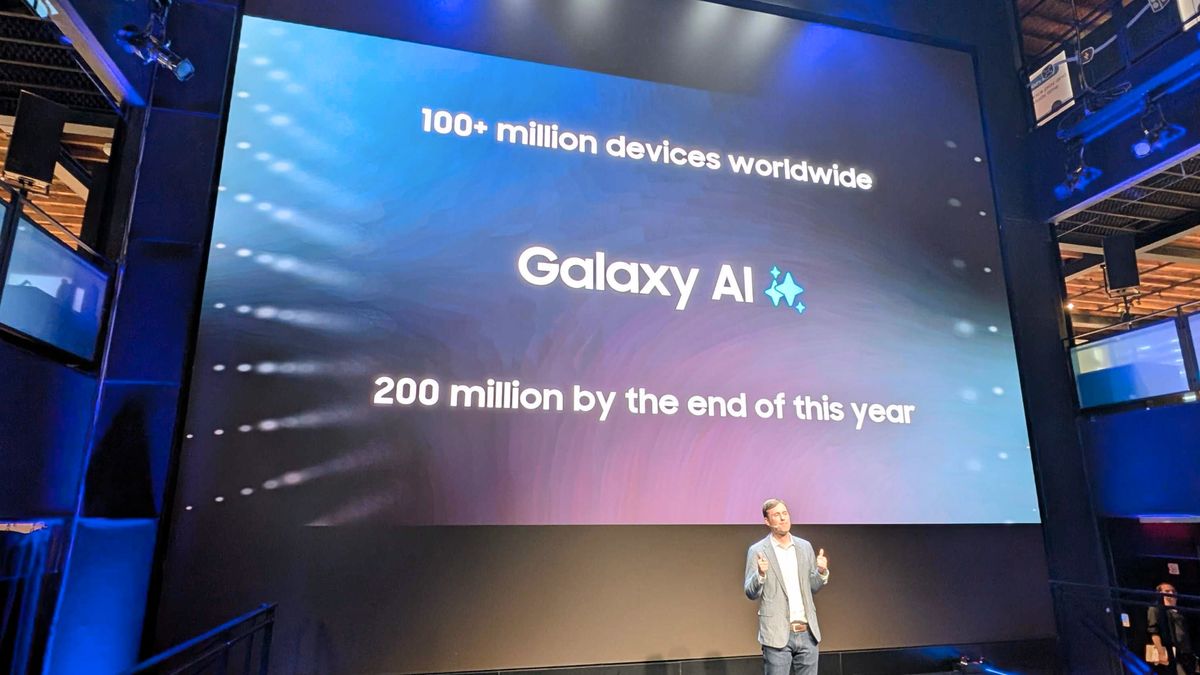Employees work on the assembly line of C11 electric SUV at a factory of Chinese EV startup Leapmotor on April 26, 2023 in Jinhua, Zhejiang Province of China.
Vcg | Visual China Group | Getty Images
The European Union should “objectively” consider China’s electric vehicle industry and its highly competitive industrial supply chain, the head of a China automobile industry body on Thursday.
This comes a day after the European Commission, the executive arm of the European Union, unexpectedly launched an “anti-subsidy” investigation into China’s EV makers.
“Personally, I firmly oppose the EU’s assessment on China’s new energy vehicles,” Cui Dongshu, secretary-general of the China Passenger Car Association, said in comments on his personal WeChat account, according to a CNBC translation.
“The EU should view the development of China’s electric vehicle industry objectively, rather than arbitrarily employing unilateral economic and trade tools to restrict the development or increase operating costs of China’s electric vehicle products in Europe,” he added.
“China’s new energy vehicles exports are seeing stronger volumes not due to huge state subsidies, but because of the highly competitive China industrial supply chain from strong market competition domestically,” Cui said.
He added that Chinese cars exported to Europe are generally retailing at nearly double the prices in mainland Chinese markets.
“Europe is open to competition but not for a race to the bottom,” European Commission President Ursula von der Leyen said Wednesday in her annual State of the Union address at the European Parliament in Strasbourg, while confirming the probe.
Her announcement marks yet another bump in the road for EU-China relations. It also comes after the U.S. and Europe agreed in late May to reduce their dependency on Beijing — rather than completely cut ties.
The commission says an anti-subsidy investigation must impose measures within 13 months from initiation. It also says that provisional measures must be imposed no later than nine months, followed by four months to impose definitive measures if legally warranted.
Von der Leyen compared the impact of robust competition from Chinese companies on Europe’s solar industry to what could potentially happen to the region’s automotive industry.





















Discussion about this post